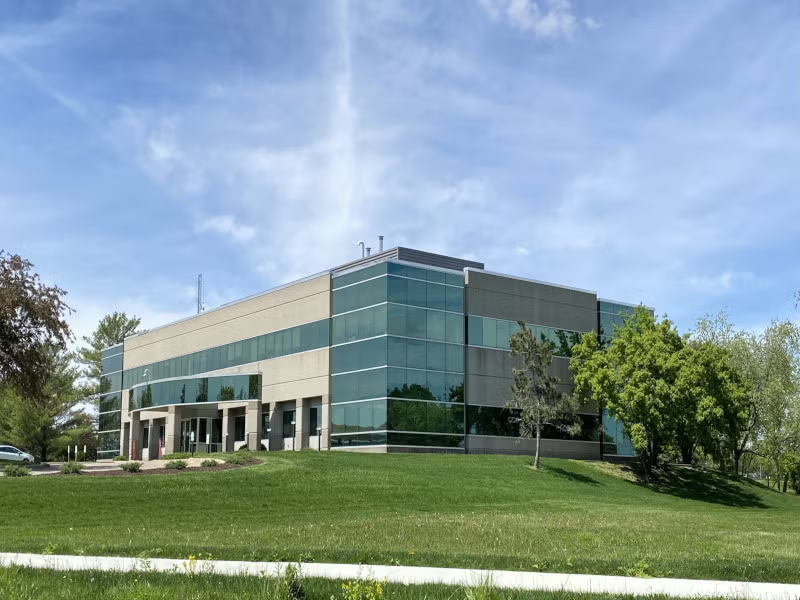BASF licenses CRISPR-Cas9 genome-editing technology from the Broad Institute
BASF licenses CRISPR-Cas9 genome-editing technology from the Broad Institute
RESEARCH TRIANGLE PARK, NC, March 22, 2017 -- BASF today announced that it has reached a global licensing agreement with the Broad Institute of MIT and Harvard for the use of CRISPR-Cas9 genome-editing technology to improve products in agricultural and industrial microbiology applications.The technology advances genome editing because it has the potential to be a simpler and more precise tool for making targeted changes to a cell's DNA. For BASF, it offers many benefits for advancing and delivering improved agricultural and industrial products faster and less expensively than other genome-editing methods.“The CRISPR-Cas9 technology is a game changer within the field of genome editing,” said Peter Eckes, President of BASF Bioscience Research. “We are eager to see the new ways it will augment our research and improve multiple products for agriculture as well as numerous industrial applications.”“This technology represents a transformative application of genome editing for the research community,” said Issi Rozen, chief business officer of the Broad Institute. “CRISPR-Cas9 can directly benefit advanced research across many industries including human health and agriculture. We are proud to partner with stakeholders throughout the biomedical and agriculture community to help deliver responsible solutions for our planet.”Download photo on right, suggested caption: BASF technicians in a white biotechnology research lab in Germany are working with microorganisms to produce enzymes.Download photo on right, suggested caption: BASF plant biotechnology scientists are working in a protein analytics lab in the U.S. to develop traits to make plants more resistant to fungal pathogens.About BASFBASF Corporation, headquartered in Florham Park, New Jersey, is the North American affiliate of BASF SE, Ludwigshafen, Germany. BASF has more than 17,500 employees in North America, and had sales of $16.2 billion in 2016. For more information about BASF’s North American operations, visit www.basf.us.At BASF, we create chemistry for a sustainable future. We combine economic success with environmental protection and social responsibility. The approximately 114,000 employees in the BASF Group work on contributing to the success of our customers in nearly all sectors and almost every country in the world. Our portfolio is organized into five segments: Chemicals, Performance Products, Functional Materials & Solutions, Agricultural Solutions and Oil & Gas. BASF generated sales of about €58 billion in 2016. BASF shares are traded on the stock exchanges in Frankfurt (BAS), London (BFA) and Zurich (BAS). Further information at www.basf.com.Source: https://www.basf.com/us/en/company/news-and-media/news-releases/2017/03/P-US-17-026.html



.svg)












.gif)